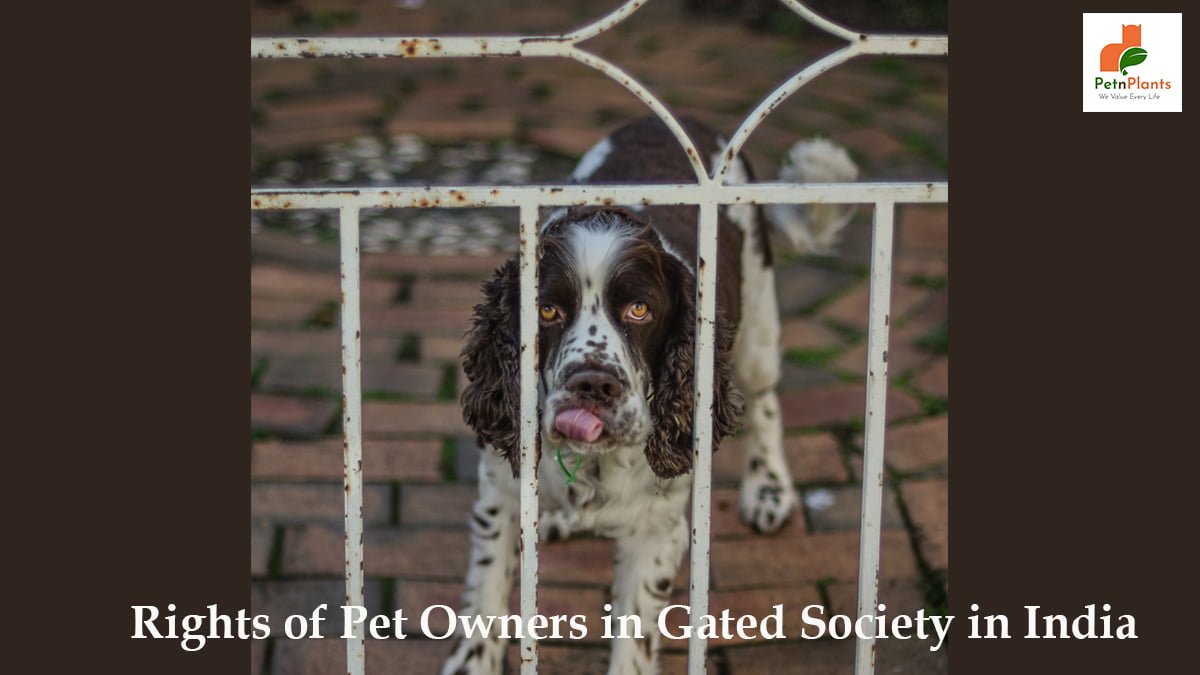How To
Latest
Pet Care
How to Groom Your Dog at Home with the Right Dog Grooming KitMarch 19, 2025
We Value Every Life

In India, gated societies are usually found in apartment complexes managed by a society or an association. These societies have their own set of rules and regulations which the members have to follow. One common rule in most societies is that pet owners have to register their pets with the society. This rule may not seem like a big deal, but it is. Because once you register your pet, society has a record of it and can hold you accountable for any damages that your pet might cause. This rule is in place to ensure that pet owners are responsible for their pets and protect the other members of society from any potential harm their pets might cause.
The law plays an important role in society regarding pets. It protects pet owners’ rights and ensures they can care for their animals properly. The law also provides for the humane treatment of animals and sets out penalties for those who mistreat them.
In India, no law says you cannot have a pet in your society, but many societies have rules regarding pets. To keep a pet in your society, it is important to check society’s rules before doing so.
Some societies ban pets outright, while others may allow certain types of pets or have restrictions on where pets can go within the society premises. If your society has a rule against pets, you may be asked to get rid of your pet or face other consequences, such as eviction from society.
Before getting a pet, it is crucial to research and ensure that having a pet is allowed in your particular society.
Yes, apartment owners can decline tenants who wish to keep pets in their apartments in India. This is because apartments are typically considered private property, and the owner has the right to determine who can and cannot live on their property. Additionally, some apartments may have rules or regulations prohibiting pets from being kept on the premises. If an apartment owner is concerned about noise, damage, or other issues caused by a tenant’s pet, they have the right to decline the request to keep a pet in the apartment.
In India, a landlord cannot refuse to allow a pet in their society if the pet owner has all the necessary documentation. This includes a pet registration certificate, an inoculation certificate, and a no-objection certificate from the previous landlord. The pet owner must also submit a written request to the society’s secretary explaining why they want to keep a pet.
As per the law, a housing society cannot ban residents from keeping pets. However, they can put certain restrictions in place, such as specifying the size or breed of dog that is allowed. They can also require that pet owners have their animals registered and vaccinated.
Pets cannot roam freely in housing societies and must be kept on a leash outdoors. Pet owners are responsible for cleaning up after their animals and ensuring that they do not cause any nuisance or disturbance to other residents.
Pets are not just animals that we keep at home for our amusement. In India, pets are considered part of the family and are often given the same status as children. As such, many rules and regulations are in place regarding keeping pets in society.
The main rule is that all pet owners must register their pets with society. This is so that society can keep track of all the pets in the area and ensure they are all vaccinated and healthy. Pet owners must also provide proof of vaccination when registering their pets.
Another important rule is that pet owners must clean up after their pets. This means scooping up any droppings and disposing of them properly. Society will fine pet owners who do not clean up after their pets.
Finally, pet owners must take responsibility for their pet’s behavior. If a pet is found to be a nuisance or dangerous, the owner will be held responsible and may be asked to remove the pet from the premises.
0